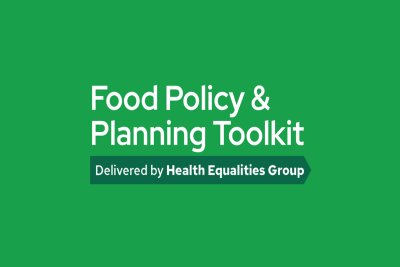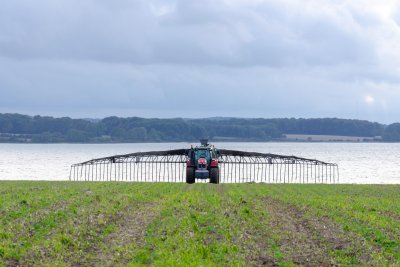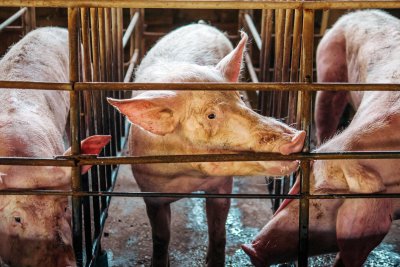 VideoRed meat on a BBQ by Republia at Pixabay
VideoRed meat on a BBQ by Republia at Pixabay
The study, by a team at the University of Oxford, monitored data from almost 475,000 adults for 25 major causes of non-cancerous hospital admissions. Participants completed a questionnaire which assessed their dietary habits (including meat intake), after which they were followed-up for an average period of eight years.
Overall, participants who consumed unprocessed red meat and processed meat three or more times per week were more likely than low meat-eaters to smoke, drink alcohol, have overweight or obesity, and eat less fruit and vegetables, fibre, and fish.
However, after taking these factors into account, the results indicated that:
- Eating high levels of both unprocessed red meat and processed meat was associated with higher risks of ischaemic heart disease, pneumonia, diverticular disease, colon polyps, and diabetes.
- Those that consumed 70g per day less red meat and processed meat had a 15% lower risk of ischaemic heart disease and a 30% lower risk of diabetes.
- Eating a lot of poultry was associated with higher risk of gastro-oesophageal reflux disease, gastritis and duodenitis, diverticular disease, gallbladder disease, and diabetes.
- Eating 30g less poultry per day was associated with a 17% lower risk of gastro-oesophageal reflux disease and a 14% lower risk of diabetes.
- Most of these risks were reduced if body mass index (BMI, a measure of body weight) was taken into account, suggesting that policy interventions should focus on overall health, good diet and exercise, as well as on cutting meat consumption.
- Higher intakes of unprocessed red meat and poultry were associated with a lower risk of iron deficiency anaemia. The risk was 20% lower with every 50g higher per day intake of unprocessed red meat and 17% lower with every 30g higher per day intake of poultry meat. A higher intake of processed meat was not associated with the risk of iron deficiency anaemia.
Lead author Dr Keren Papier, from the Nuffield Department of Population Health at the University of Oxford, said:
‘We have long known that unprocessed red meat and processed meat consumption is likely to be carcinogenic and this research is the first to assess the risk of 25 non-cancerous health conditions in relation to meat intake in one study. Additional research is needed to evaluate whether the differences in risk we observed in relation to meat intake reflect causal relationships, and if so the extent to which these diseases could be prevented by decreasing meat consumption. The result that meat consumption is associated with a lower risk of iron-deficiency anaemia, however, indicates that people who do not eat meat need to be careful that they obtain enough iron, through dietary sources or supplements.’
Ruth Westcott, climate and nature emergency coordinator at Sustain, said:
'Evidence is mounting that eating a lot of meat is bad for our health and the planet. The government must face up to the fact that they have a big role in our diets, and make it easier to make good choices including serving less and better meat across public procurement, restricting advertising of junk food, and making seasonal, agro-ecologically grown fruit and veg and non-meat proteins more acessible and affordable.
Not all meat is created equal and if you are cutting down for your health and the planet, switch to organic, free-range and pasture fed to support farming which is more nature-friendly, with better animal welfare and less antibiotics.'
The World Cancer Research Fund recommends that people should limit red meat consumption to no more than three portions per week (around 350–500g cooked weight in total), and processed meat should be eaten rarely, if at all. Sustain is exploring how a cap on meat served in public sector institutions might fit within this limit, to improve our health and address the environmental crisis, with the remaining meat to be sourced from sources determined to be 'better', ie organic, RSPCA Assured, free range, LEAF Marque or Pasture for Life.
Take a look at Sustain's work on the Climate and Nature Emergency
Climate Change and Nature: Sustain has taken a keen interest in the rapidly accumulating evidence about the effect of food and farming on climate change and nature, as scientific evidence emerges that our food system is a very significant contributor to greenhouse gas emissions and biodiversity loss.







